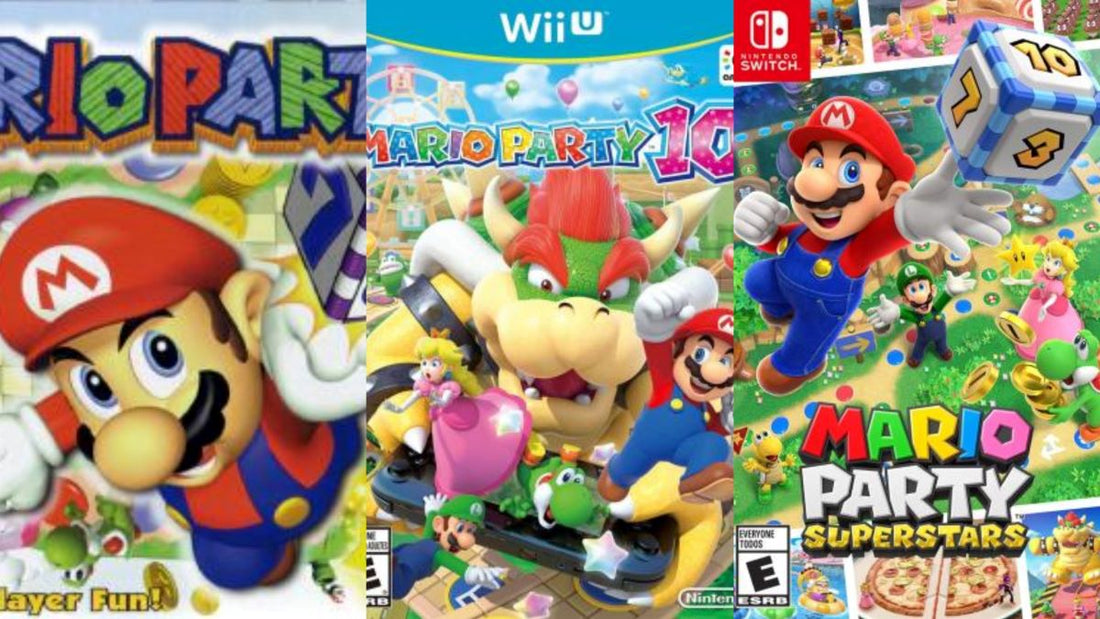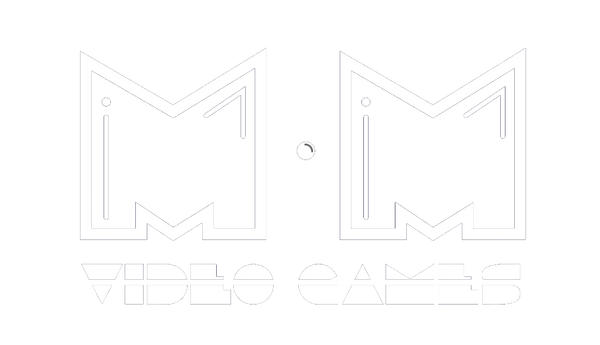
A Brief History of the Mario Party Series
Share
With the recent release of Mario Party Jamboree on the switch I thought that now would be a good time to look back at the series' history. The first Mario Party was a collaboration between Nintendo and Hudson Soft released for the Nintendo 64 in 1998 for Japan and in 1999 for the rest of the world. While mini-game collections and virtual board games were nothing new in games the original Mario Party combined them in such a way that made it a joy to experience with friends and in doing so created the modern party game. The game would soon receive a pair of follow-ups in the form of Mario Party 2 and Mario Party 3 also for the Nintendo 64 in 2000 and 2001 respectively. The N64 Mario Party trilogy where widely celebrated and have endured as fan favorites in the series even after all of these years. Along with games like Golden Eye and Mario Kart, these games helped to define the N64 as the multiplayer party machine of choice at the time. The next 4 entries would see release on the GameCube, mostly maintaining the series tried but true gameplay while also experimenting with a few gimmicks such as utilizing the GameCube microphone. The series would also experiment with handheld installments with entries for the e-reader, Game Boy Advance, and Nintendo DS throughout the 2000s, none of which were all that well-received though some (like the e-reader game) were at least interesting. Mario Party 8 on the Wii would mark the final entry developed by Hudson Soft before being bought out and dissolved by Konami, with later entries being developed by NDcube. Mario Party 9 and 10 on the Wii and Wii U respectively heavily simplified the series' iconic board game mechanics and as a result, are generally viewed as a low point for the franchise. Entries on the 3DS faired a bit better, with Mario Party: Island Tour and Mario Party: Star Rush both being received positively though Mario Party: The Top 100 was seen as a major disappointment. Finally the latest two entries Super Mario Party and Mario Party: Super Star would see NDCube return the series to its roots and as a result where lauded by fans and critics alike. The series has been through many ups and downs in its nearly quarter-century-long history (that makes feel old) but as they say, the party never stops and the future of the series looks bright.
